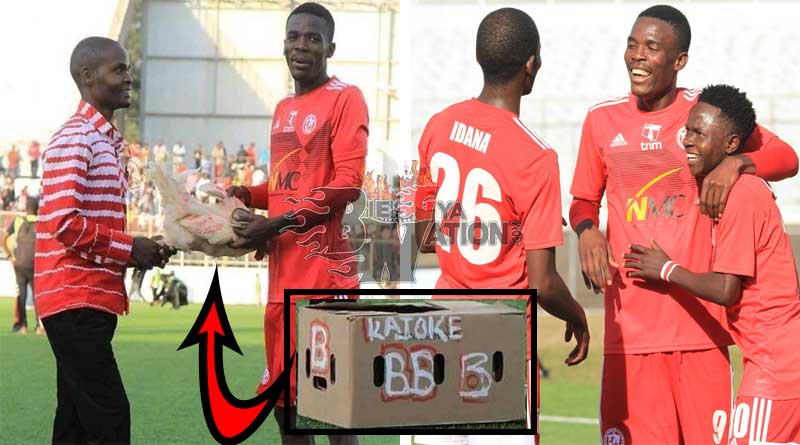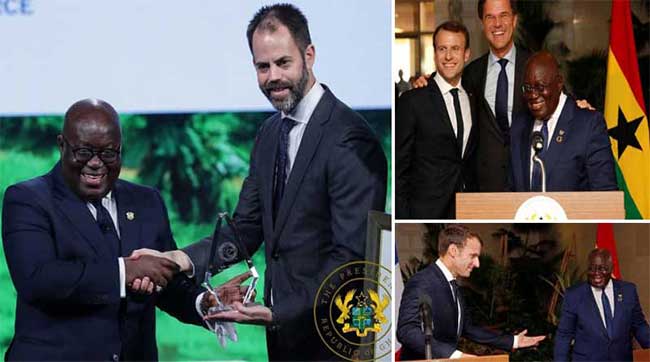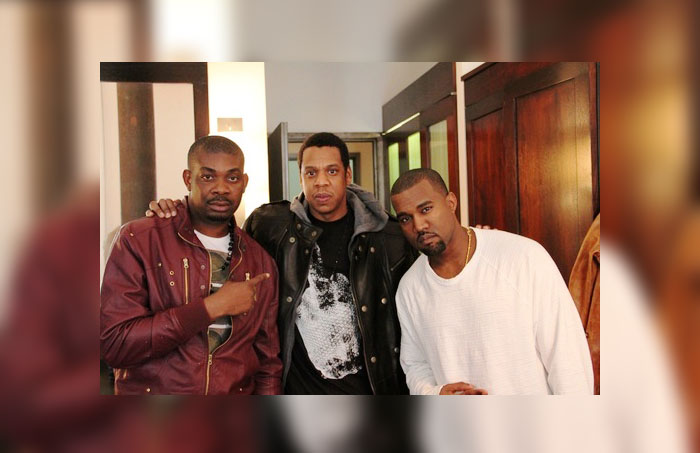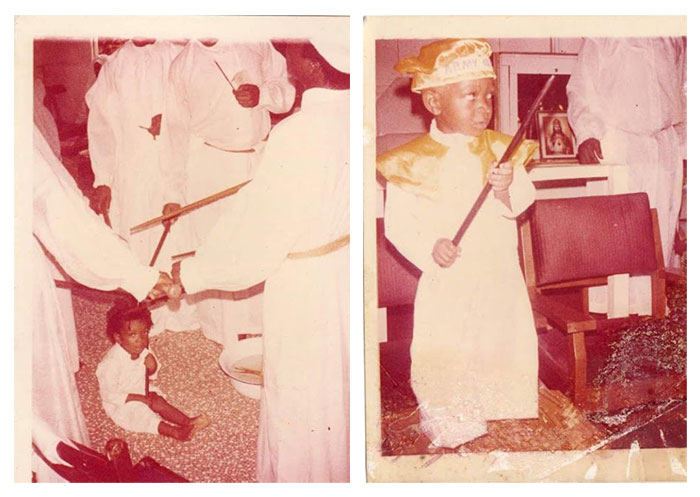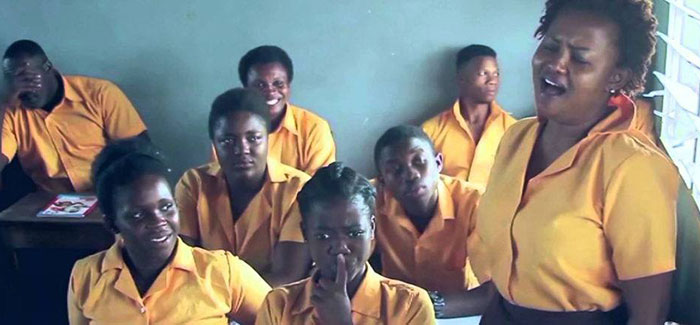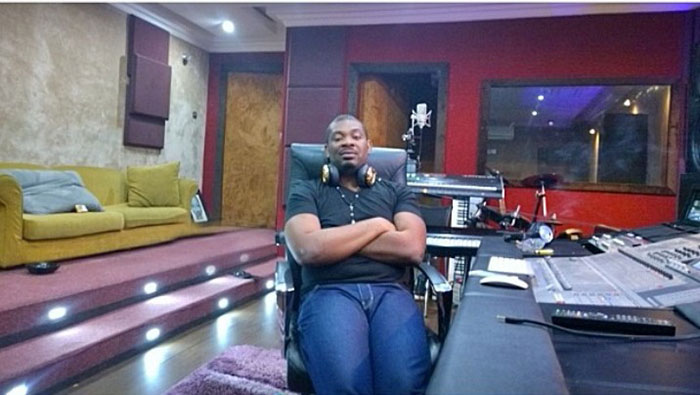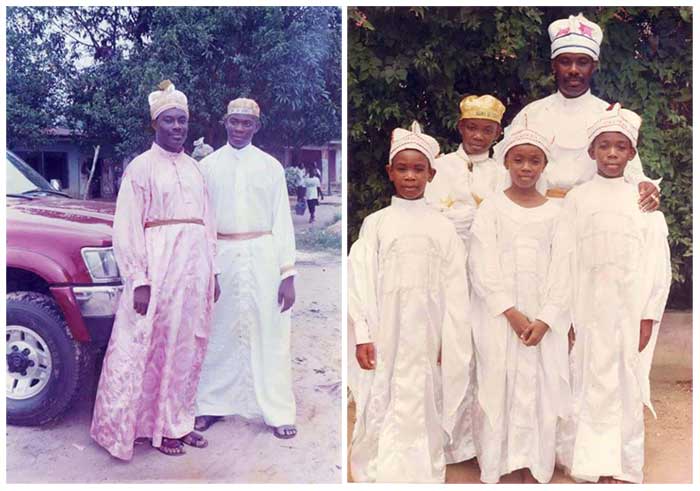Politics
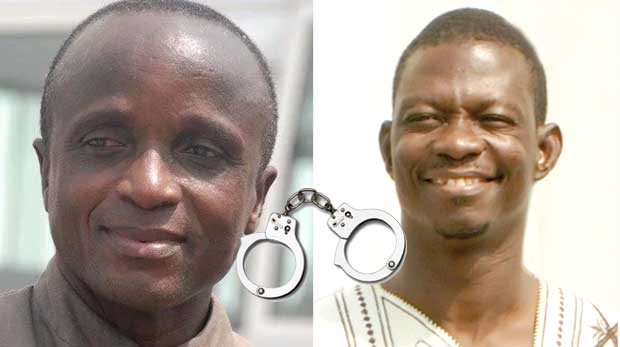
- George Awiadem Maclean
- Category: Politics
- Friday, 23 February 2018 16:38
GYEEDA scandal: Abuga Pele, Assibit jailed 18 years for causing financial loss to the state....
The Accra High Court has sentenced former GYEEDA boss, Abuga Pele and businessman, Philip Assibit, to a total of 18 years imprisonment in Gh¢4.1million GYEEDA scandal.
Assibit will serve 12 years while Pele will serve 6years.
It held that there was no evidence that Pele benefitted from the proceeds of the crime.
The court in the judgement also ordered the state to recover assets of Assibit to offset the amount lost.
Assibit was found guilty of six counts of defrauding by false pretence while Pele was found guilty of two counts of abetment of crime and five counts of wilfully causing financial loss to the state.
The two were also found guilty on five counts of dishonestly causing loss to public property.
According to the court, presided over by Mrs Justice Afia Serwah Asare- Botwe, Assibit made false claims for the money that was paid to him even though he never rendered any consultancy services as he claimed to have done for the NYEP later renamed GYEEDA.
The convict, according to the court, failed to offer any evidence that he did indeed provided consultancy works that led to GYEEDA securing a $65million grant from the World bank.
The said grant, the court held, was never released by the World bank and that there was evidence to prove that the the said World Bank grant was in fact a $60million loan that the government was hoping to secure for GYEEDA.
The court was of the view that Assibit was paid in September 2011 when the documents covering the World bank loan was dated April 2013.
“A1 (Assibit) made a false representation that he had provided consultancy to the NYEP and also made a false representation that he had secured a $65 million World Bank grant for NYEP,” the court held.
On Pele, the court was of the view that the former GYEEDA boss, aided Assibit in duping the state as he wrote a memo strongly asking for payment for the supposed work done by Assibit.
The court rejected Pele’s defence that he could only pay or make recommendation to certain payments and that the amount was paid by the Ministry of Youth and Sport, which is GYEEDA supervisory ministry.
According to the court, the memo that he wrote was not one making a recommendation, but rather was fraught with inaccuracies meant to convince the ministry to pay the money at all cost.
The court also held that by his actions, Abuga Pele, willfully caused financial loss to state.
Background
The facts of the case are that in 2009, Pele, on assumption of office as the National Co-ordinator of the then National Youth Employment Programme (NYEP), the predecessor of GYEEDA, entered into a contract with Assibit, a representative of the Goodwill International Group (GIG).
Under the terms of the agreement, the NYEP was described as the host, while the GIG was tagged as the strategic partner.
According to the prosecution, the parties agreed to combine their labour, properties and skills for the purpose of engaging in resource mobilisation, investor sourcing, management consulting, capacity building, career development, training services, among other jobs.
Per the agreement, the GIG was responsible for resource mobilisation and undertook to provide preliminary funds for the development of the programme, while the parties agreed to equally share the profits that would accrue out of the agreement.
“Meanwhile, there is nothing on record in terms of business proposals or documents forming the basis of engaging the GIG as a strategic partner,” the prosecution stated.
Between May 2011 and May 2012, Assibit, according to the prosecution, “made a number of payment claims for consultancy services he claimed to have rendered to the NYEP, ranging from the provision of an exit plan and strategy for all NYEP modules”.
He also established a youth enterprise development project which he claimed to have used in securing approval for a World Bank facility of $65 million for the NYEP.
He also claimed to have recruited and trained 250 youth to support the implementation of what he referred to as the World Bank-funded Youth Enterprise Development Programme (YEDP).
“False claims’’
The prosecution told the court that the representations put forward by Assibit were supported by Pele, who used them as the basis for justifying, recommending and approving GH¢3,330, 568.53, the equivalent of $1,948,626.68, to Assibit, claiming, among others, that Assibit’s work had directly resulted in a World Bank support of $65 million for the NYEP.
“Meanwhile, investigations revealed that all these representations were false,” it pointed out, adding that investigations revealed that the GIG was never appointed a consultant to the NYEP.
It said Assibit had failed to provide any exit plan and strategy for the NYEP modules, adding that Assibit had, again, not conducted any financial engineering for the approval of a World Bank facility of $65 million, as he had claimed and had been corroborated by Pele.
“Indeed, there has not been any approval by the World Bank of $65 million for the NYEP,” it said.
Additionally, it said, investigations also discovered that in August 2012, Assibit was paid an additional GH¢835,000 under the guise of what was referred to as “tracer studies” for the World Bank as the last requirement needed to be met for the approval of the $65 million facility.
According to the prosecution, Assibit’s claims on the tracer studies were also supported by Pele, based upon which Pele approved the payment of the amount to Assibit.
Pele’s actions, according to the prosecution, had caused financial loss to the state and it was based on those facts that the accused persons have been convicted by the court.
Defence
In the course of the trial, the prosecution called five witnesses, including Mr Clement Humado, a former Minister of Youth and Sports in the Mahama administration.
In their defence, Pele and Assibit denied engaging in any illegalities or acts that caused financial loss to the state.
Assibit claimed he did, indeed, perform tracer studies and other consultancy works for the NYEP and that every payment he received was duly approved and paid after work done.
Mr Pele also denied any financial malfeasance and explained that he was completely innocent.
Source: Graphic.com.gh





